One book that I should have included in this post, but forgot to, even though I was reminded to reread it by seeing the author’s birthday written in my diary, is Harriet the Spy.
Harriet the Spy was one of my absolute most favourite books as a child. My copy has been so well-loved that both corners of the front cover have big creases through them, and the cover actually reads “har___t the spy” as a big piece of the glossy top layer has peeled off. The spine has a great big crease, and several little ones.
I was totally in awe of Harriet, every time I read the book. I thought it was amazing that Harriet spied on people, and wanted to be a spy and a writer when she grew up. My previous obsession – magic tricks – was almost completely eclipsed by an interest in spying. After being disappointed by the film, I proceeded to hold a grudge against Michelle Trachtenberg all the way through her time in Buffy. I was not put off obtaining a few items of tie-in merchandise, such as a spying pack that included a folder and a notebook made to look like Harriet’s in the film. I got a few books about codes out of the library. I bought another at a school book fair. Filofax were bringing out a couple of different versions of FunFax, the Filofax for kids, each year, and of course I had to have the spy one. I was too timid and sensible to start up a spy route of my own, but I used to open my bedroom window and sit on my bed for half an hour at a time, making notes about what I saw in the back gardens and on the little bit of road that I could glimpse.
I remembered all these things before re-reading Harriet the Spy. I didn’t expect to discover that it had influenced me even more than I could remember.
Harriet the Spy is the story of Harriet M. Welsch, an eleven year old girl who has been encouraged by her nanny, Ole Golly, in her dreams of becoming a writer when she grows up. Ole Golly told her that she needs to find out as much as she can about everything, and Harriet takes this to mean everyone. Harriet is almost constantly making notes on everything she sees, hears, and thinks, at home, at school, and even when she goes out for egg creams. She even has a spy route scheduled into her daily routine, so that she can spy on several of her neighbours. Her comfortable life is severely disrupted when firstly, Ole Golly leaves, and secondly, her classmates get hold of her notebook.
At the time I didn’t really care much about the moral of the book because I knew I would never let anyone know I was writing about them. I’m sure that I learnt some things from it, however, as I religiously avoided gossip until adulthood. Rereading Harriet the Spy, it seemed like a startlingly strong message for a children’s book to have, it’s not sugar-coated in any way, but demonstrated starkly, just like the message in Nobody’s Family Is Going To Change. I think that this is what is so great about Louise Fitzhugh’s writing – it’s entertaining, but she doesn’t hold back, she warns the reader about the world, and offers them hope for surviving it.
I gasped when I read the description of Ole Golly’s yellow room – yellow used to be my favourite colour. Maybe The Boy With The Purple Socks is behind my switch to a love of purple? When I read the words ‘egg cream’ I remembered imagining an egg yolk floating in cream. Later I thought maybe it was an old term for ice cream. I had totally forgotten all this. It’s neither (via Purple Socks). And like Harriet, I have practically always seen writing as my WORK. I used to tell my parents that I was WORKING without any recollection of Harriet doing the same thing.
Basically, I am a bit Harriet, and Harriet is a bit me, in a chicken and egg kind of way. I had a fantastic time discovering this, and you should all go read Harriet the Spy, now. Me? I’m going to read the sequels – I had no idea they existed until recently. A new treat.
Harriet-related links:
‘Unapologetically Harriet, the Misfit Spy’ at NPR – radio show discussing the novel and how unusual it was at the time it was published.
‘Confessions of a Starvingartist: Louise Fitzhugh’s “Harriet The Spy”’ at Canonball – a much better post than mine about the way the writer has been influenced by the book.

